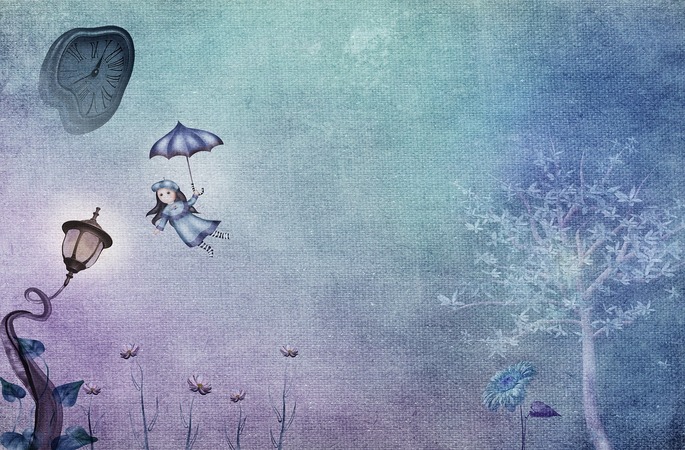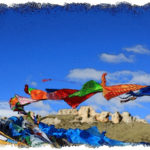It was a beautiful day in some far future time, and the world is at peace and happiness is everywhere. In a school, a teacher enters the class, and students mainly of 12 to 14 years of age stand up and greet their teacher. Now, this period is for the Moral Lecture. The teacher and students open a book and find a particular poem, and the teacher started reciting the poem, and here the journey begins.
Memoir to the future children
To the children whom I can never meet; to the children of good future
Tell them this is from the past which they don’t know
Tell them this is from the past where men rise and fall; happiness and suffering doing rounds.
Tell them what we see, may they never see it;
We saw the wars; nations rising and falling.
men suffering; the agony of the masses.
Blood of life.
Tell them we saw the holocaust of the entire generations; the totalitarians were here
So was the suffering of common people;
we witnessed the battles;
Killing millions; destroying generations
We saw apathy gripping the homos.
Tell them we saw the atom bomb which laid the cities into dust;
Tell them what we saw may they never see it.
Tell them the people suffered;
Children like them killed, butchered in masses.
Tell them there great-grandfathers and mothers witnessed the 20th century.
Tell them the conflicts turned paradise into hell;
Earth looted of its resources;
Climate destroyed;
Air cremated;
Water fouled;
We saw animals dying, forests decimated,
Rivers dried.
Tell them we saw the wrath of man upon man.
Tell them we were divided;
based on religion, colour, creed, ethnicity.
Tell them ideologies emerged and clashed here;
Men hated one another.
Tell them technology advanced us; but
It also ruined us;
It gave us the internet, boon of the 21st century.
But also gave nuclear weapons;
Which could have erased humanity in minutes.
Tell them we lived in this world and sustained it.
Tell them we always prayed for good to the creator.
Tell them we lived in the Times of resistance;
Leading to revolutions;
Which shaped societies for good;
For a better future.
Tell them don’t make mistakes which we made.
Tell them to know the history to make the future good.
Tell them we suffered enough;
The world suffered enough;
Tell them still so much hate;
We loved each other;
So that our future could exist.
Tell them we ignored the pain;
The suffering;
Just for them; our kids
Tell them even if hate was abundant;
The love was little; we won love won
Tell them to be human;
Tell them humanity is eternal and preserve it.
And then the poem ends, and the teacher closes the book, and all the students are in some sort of time-lapse until the bell rings.
They feel as though they had known whole generations of mankind which walked in the earth before them.
Later, in their homes, they are trying to imagine the content of the poem, and thinking about the bygone world they couldn’t see.



